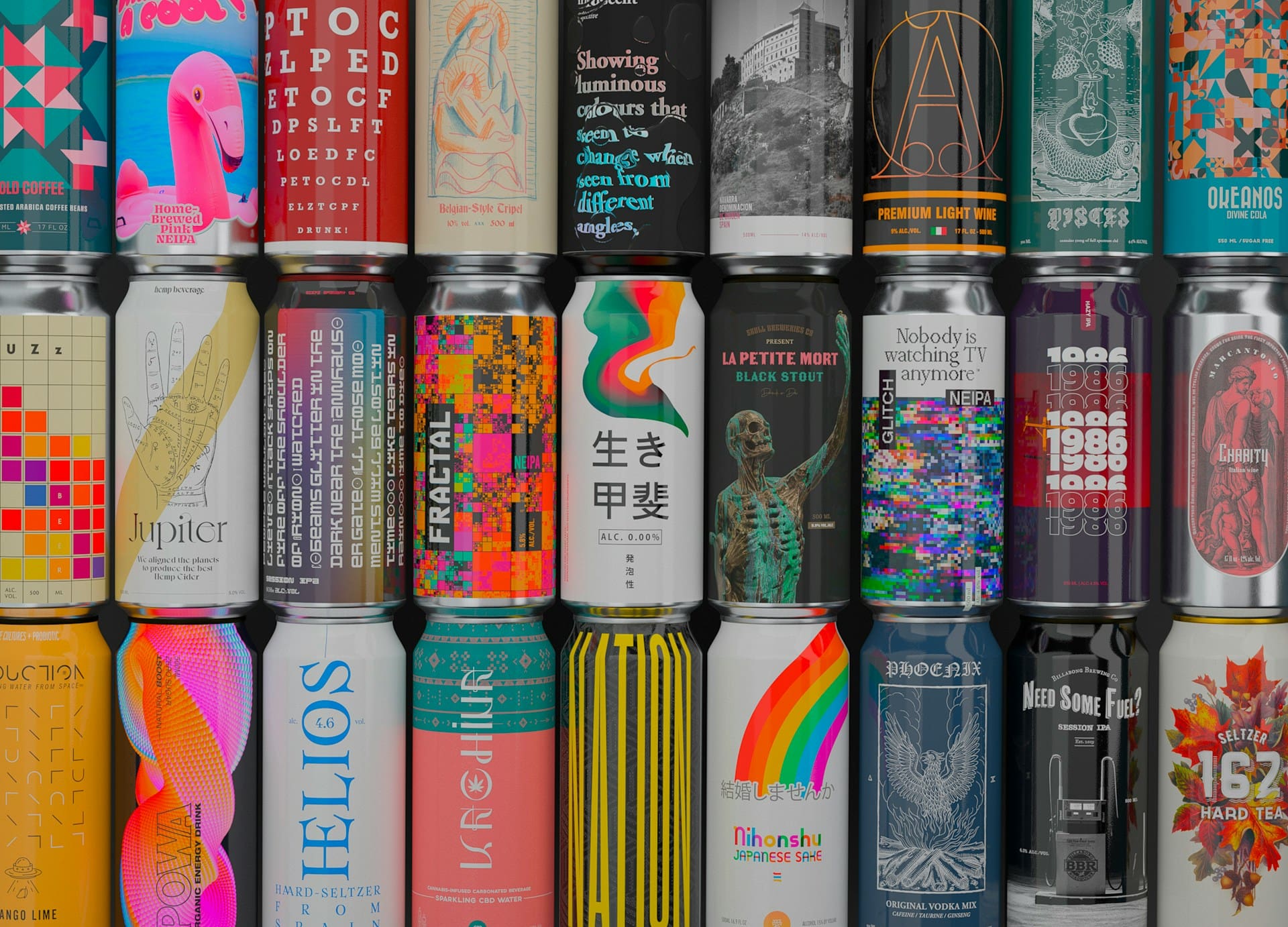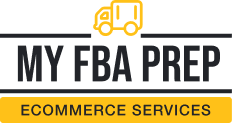
Finding the Right Beverage Co-Packer: What to Know

In the competitive world of beverage production, getting your product from concept to customer requires more than just a great idea and a killer recipe. One of the most critical steps in scaling your beverage brand is partnering with the right co-packer. A beverage co-packer (contract packager) helps brands produce, bottle, can, label, and prepare beverages for distribution — often providing the infrastructure and expertise small or growing brands can’t afford to build in-house.
But how do you find the right beverage co-packer for your business? Here’s what you need to know.
What Is a Beverage Co-Packer?
A beverage co-packer is a third-party manufacturer that handles the physical packaging and/or production of your beverage. Depending on their capabilities, co-packers may also assist with formulation, compliance, packaging design, warehousing, and logistics. Essentially, they allow you to focus on sales and brand-building while they take care of production.
Why Work With a Co-Packer?
Partnering with a co-packer can offer significant advantages for your beverage brand. One of the biggest benefits is the ability to scale quickly without making large capital investments in your own production facility. For example, instead of spending hundreds of thousands on bottling equipment, you can leverage a co-packer’s existing infrastructure to bring your product to market faster and more cost-effectively.
A reliable co-packer also ensures your beverage meets strict regulatory and food safety standards. Navigating FDA compliance, HACCP protocols, or third-party audits can be overwhelming for a small brand—but co-packers often have these systems already in place. This reduces your risk and ensures your product is ready for retail or eCommerce distribution.
Another key advantage is access to high-volume production capabilities. Whether you’re producing a shelf-stable iced tea or refrigerated juice, a co-packer can accommodate larger runs as your brand gains traction. As your order sizes increase, you’ll also benefit from economies of scale—reducing your cost per unit and improving margins.
Finally, many co-packers offer integrated services beyond just manufacturing. They may provide warehousing, inventory management, and logistics support, helping streamline your supply chain. For example, some will store your finished goods and coordinate shipments directly to Amazon FBA centers or retail distributors, saving you time and reducing operational complexity.
However, the success of your beverage launch—or your ability to scale effectively—often hinges on choosing the right partner.
Key Considerations When Choosing a Beverage Co-Packer
1. Production Capabilities
Make sure your potential co-packer can handle your beverage type (carbonated, non-carbonated, alcoholic, dairy-based, etc.). Not all facilities are equipped for every product category. Check:
- Bottle, can, or carton filling options – Are they able to fill different types of containers in the way you need?
- Hot fill, cold fill, or aseptic processing – Do they use the correct thermal process required for your product’s shelf life and safety?
- Batch size flexibility (important for startups) – Can they accommodate small production runs if you’re just getting started or testing the market?
- Support for your formulation needs – Do they offer in-house formulation expertise, or will they work with your food scientist or recipe developer?
2. Certifications and Compliance
Food and beverage production is heavily regulated. Your co-packer should be fully compliant with local, state, and federal regulations. Ask about:
- FDA registration and inspections – Are they registered with the FDA and have they passed recent inspections without major violations?
- SQF, GMP, or NSF certifications – Do they meet recognized food safety and manufacturing standards that retailers and distributors may require?
- Organic, kosher, or other specialty certifications (if applicable) – Do they hold the specific certifications your product or brand positioning requires?
3. Minimum Order Quantities (MOQs)
Co-packers vary widely in their required production volumes. Some work with small-batch brands, while others cater only to enterprise-level companies. Clarify:
- What is the MOQ per run? – Can you meet their minimum production volume requirements, and are they feasible at your current stage?
- Can you scale with them over time? – Will they still be a good fit as your volume grows?
- Are there volume discounts? – Do they offer pricing incentives for larger or recurring orders?
4. Lead Times and Production Schedules
Ask about typical lead times and how far in advance you need to book production slots. If your product is seasonal or has tight launch timelines, this is critical.
- What’s the average turnaround from order to fulfillment? – How long will it take from the time you place an order until your product is ready to ship?
- How much notice is required to schedule a production run? – Do you need to book weeks or months in advance to secure your spot?
- Are there options for expedited services? – Can they accommodate rush jobs if needed?
5. Cost Structure
Understand how your co-packer charges. Costs may include:
- Per-unit or per-case production fees – What is the cost to produce each unit, and how does it affect your margins?
- Setup or changeover fees – Are there extra charges for switching between product types or packaging formats?
- Labeling and packaging material charges – Will you be billed for sourcing or applying labels, shrink sleeves, or other packaging components?
- Storage or warehousing costs – Are there ongoing fees for storing your finished goods or raw materials on-site?
6. Packaging and Labeling Services
Some co-packers offer turnkey solutions, including sourcing of bottles, caps, labels, and cartons. Others may require you to provide your own materials. Know what’s included and whether you’ll need to coordinate with outside vendors.
- Do they source packaging materials for you? – Can they handle bottles, caps, and labels internally, or do you need to manage those vendors?
- Can they apply custom labels or shrink sleeves? – Do they have in-line labeling equipment or other finishing services?
- Do they offer packaging design assistance? – Can they support branding, compliance labeling, and structural packaging design if needed?
7. Location and Logistics
Choosing a co-packer near your key markets can reduce shipping time and cost. Consider:
- Proximity to distribution centers or Amazon fulfillment warehouses – Will their location reduce your last-mile delivery times and costs?
- Whether they offer integrated logistics or freight support – Can they help manage freight shipping or connect you with reliable carriers?
- Warehouse storage and palletizing services – Do they store your finished goods and prepare them for outbound shipments efficiently?
8. Track Record and References
Look for co-packers with experience in your beverage category and a proven track record. Ask for references and talk to other brands they’ve worked with. Red flags include:
- Frequent delays or quality issues – Do other clients report missed deadlines or inconsistencies in product quality?
- Poor communication – Are they responsive, proactive, and transparent in their communication with partners?
- Lack of transparency – Are they open about their processes, costs, and capabilities?
Tips for a Smooth Beverage Co-Packer Relationship
- Start with a trial run to test their capabilities and quality control.
- Document everything — including specifications, lead times, and agreed processes.
- Maintain clear communication — especially around inventory levels and production schedules.
- Plan for scalability — ensure they can grow with your brand as demand increases.
Conclusion
Finding the right beverage co-packer is a critical decision that can determine the trajectory of your brand. Take the time to vet candidates thoroughly, clarify expectations up front, and choose a partner who can grow with you. With the right co-packer, you’ll have a strong foundation to build a scalable, efficient beverage business — whether you’re launching a kombucha brand, a ready-to-drink coffee line, or a functional hydration drink.
Need help prepping your beverage brand for scale? At MyFBAPrep, we support consumer brands with warehousing, fulfillment, and eCommerce logistics. Whether you’re shipping to Amazon, retail, or direct-to-consumer, we’ve got your back.
